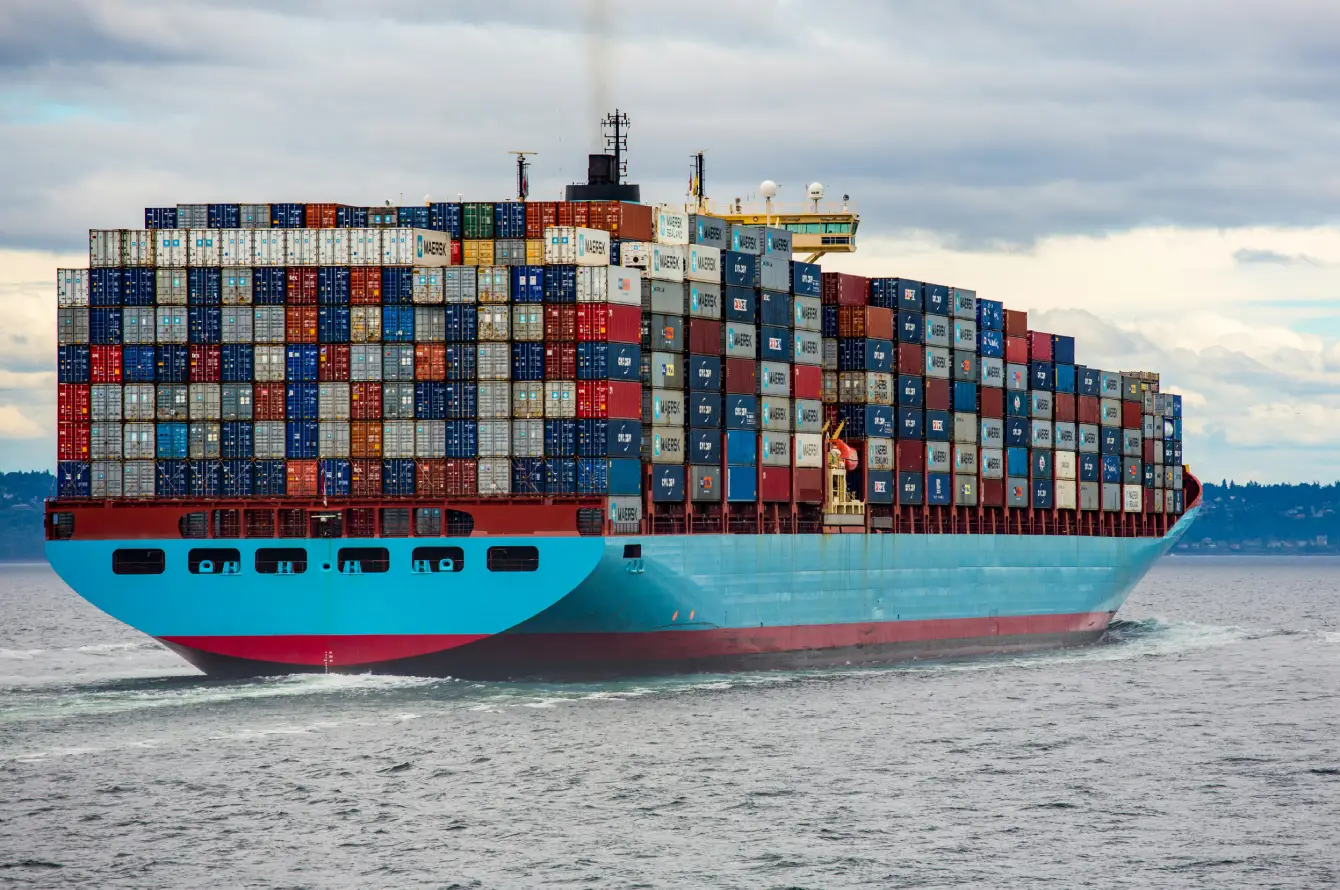The United States has threatened to retaliate if the International Maritime Organization (IMO) implements a global carbon tax on ships. The levy is part of ongoing talks to establish the first worldwide carbon pricing for the shipping industry. The U.S. sees this measure as economically harmful and unfair, and has refused to participate in the IMO negotiations this week.
Key points:
- The U.S. warns it may impose reciprocal measures against countries that charge American ships carbon-related fees.
- It has also proposed fees of up to $1.5 million on every Chinese-built vessel entering U.S. ports, alarming the shipping industry.
- Climate-vulnerable nations, such as Pacific island countries, are calling for a $150 levy per tonne of carbon emissions.
- The global shipping industry is responsible for about 3% of total emissions and remains heavily reliant on fossil fuels, with green alternatives still largely unavailable.
- The U.S. had previously committed in 2023 to a net-zero emissions goal for shipping by 2050 but is now reversing course under President Trump, who has vowed to exit various international climate agreements.
- The U.S. strongly opposes any measure that imposes economic penalties based on greenhouse gas emissions or that directs funds to unrelated environmental or development projects.
This development highlights growing tension between global climate initiatives and the U.S.’s more isolationist and industry-protective stance under the Trump administration.
Why is this relevant?
Global Climate Policy at a Crossroads The proposed carbon levy represents a major step toward global carbon pricing in the shipping industry, which is a significant but often overlooked polluter (≈3% of global emissions). If adopted, it would be the first global carbon tax on an entire sector.
U.S. Resistance Signals Climate Policy Shift The U.S.’s opposition—especially under a returning Trump administration—signals a reversal in international climate cooperation. This has:
- Global implications for the Paris Agreement and other accords.
- Potential to undermine efforts by vulnerable nations that are disproportionately impacted by climate change (e.g., Pacific island states).
Trade and economic consequences The U.S. threatens retaliatory tariffs, including a $1.5M fee per Chinese-built vessel.
- This could spark new trade tensions, affecting supply chains and inflation globally.
- It could also discourage investment in sustainable maritime technology.
Pressure on the shipping industry The IMO measure would force shipping companies to:
- Reduce emissions more aggressively.
- Consider expensive green fuels or technologies.
- Reassess routes and shipbuilding practices.
Potentially sets a Precedent for Other Industries If successful, this global maritime carbon levy could:
- Set a template for carbon pricing in aviation, agriculture, or manufacturing.
- Help build a global climate fund, potentially benefiting developing nations.



